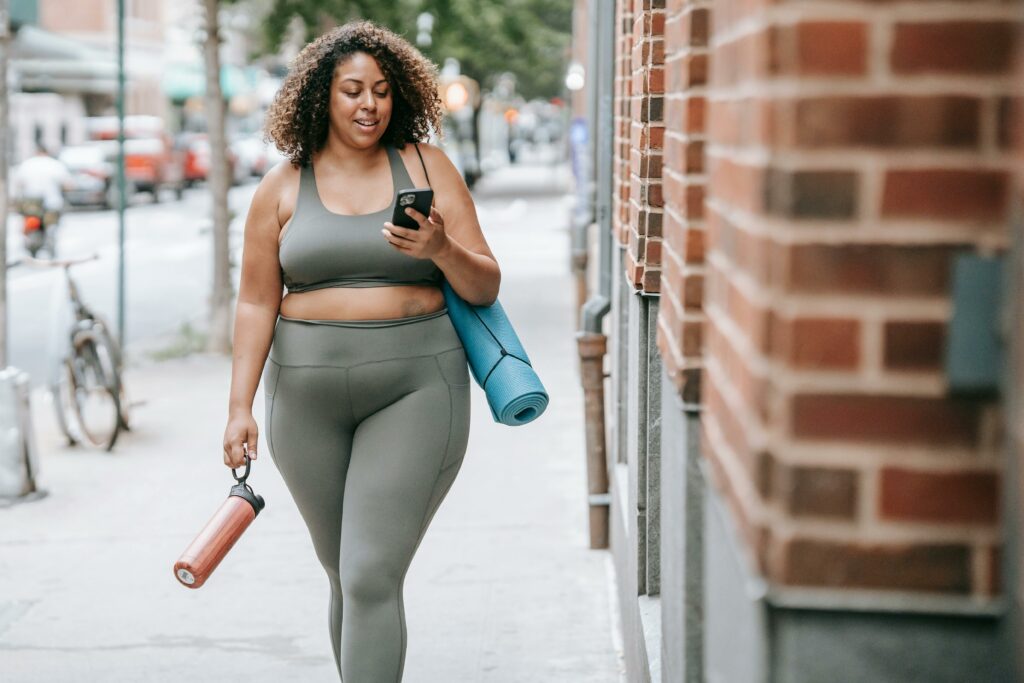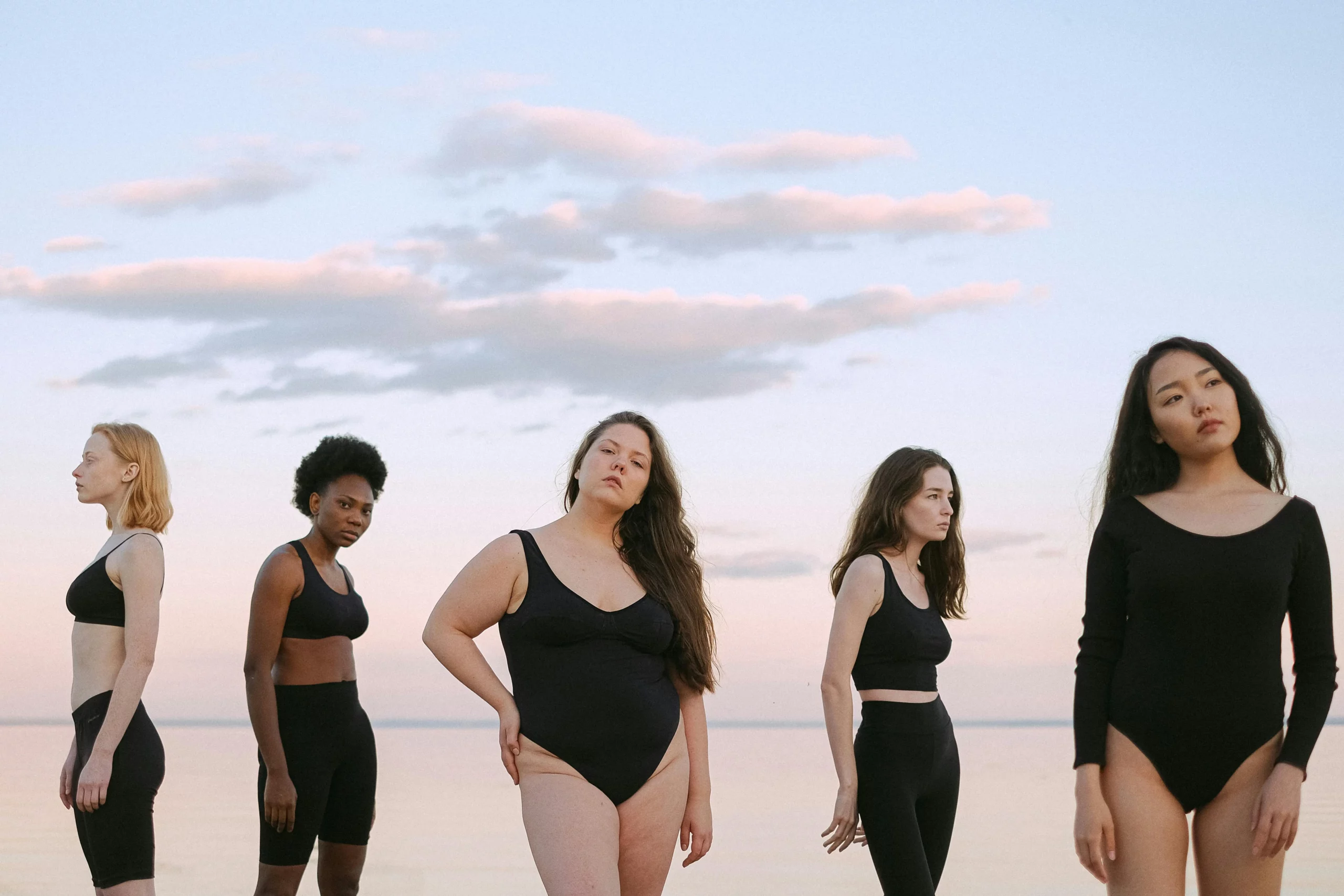Body positivity is a key player in the fashion industry. Since 2012, the awareness of body positivity has been growing. In an industry traditionally dominated by specific beauty and body standards, the body positivity movement opened the door to diversity. This had a huge domino effect on the industry as a whole, and continues to. Let’s take a look at what these are.
What Is Body Positivity?
The body positivity movement challenged traditional beauty norms, encouraging a wider representation of body types. Fashion industry is a huge part of cultural influence which defines what the ‘ideal body’ looks like. In many cases this has perpertrated a culture of dissatisfaction, low self-esteem and even eating disorders. Comments like Kate Moss’s famous “nothing tastes as good as skinny feels” led many people into difficult mental and physical situations.
Body posivitiy as a movement reclaims love of a diverse range of bodies, whether these be curvy, fat, disabled or anything else. It claims that beauty transcends one certain shape, size or way of being. This new movement means embracing your form no matter how it looks, and no matter how you have been told it should look.
Body Positivity In The Fashion Industry
Body positivity in the fashion industry means embracing models, influencers, campaigns and users in all their diversity. It means not just having models that look a certain way, but showing people models with similar body types to themselves; that they can relate to.
The result? A higher audience reach. Now shoppers of all shapes and sizes, of which there are plenty, can find brands that cater to their needs. They can feel more seen within the fashion sphere, and will be more likely to engage with your brand. This is why body positivity in the fashion industry has a big effect.
Especially when it comes to fashion areas such as lingerie, underwear and active-wear. There have been markets that have been overlooked for a long time. Creating products that cater to these groups are not only good for creating a healthier society, but they also help boost sales.

Size Diversity
Before the body positivity movement, the standard way that clothes were tested were on models of a smaller size. Many fashion brands would stock smaller sizes only, and not show shoppers accurate representation of what the products might look like on a different body size. Since the body positivity movement, this has changed.
As a result of this, there are fewer returns needed. Since shoppers are able to accurately tell what their body size needs, they are happier with purchases. The more clarity and information about products, the less returns needed.
On top of this, the more diversity of sizes; the more sales. Why only stock products that cater to a specific body type? If more body types are represented, there is a wider audience range. This automatically creates the opportunity for boosted sales.
Inclusivity As A Value
Particularly with Gen Z audiences, but affecting the entire retail sphere- values are important. Shoppers do not want to buy from brands that don’t share similar values to them. Inclusivity and celebrating differences is something that many people hold as a value.
If a brand does not seem to be promoting diversity or body positivity, this could put people off from spending their money with you. Whereas it used to be acceptable to just show models of one skin color or body type, this is not the case anymore. If you don’t embrace body positivity, your business could pay the price.
Positive Marketing Campaigns
Before arriving at your store, your businesses marketing will have had an impact on how shoppers view your store. Marketing strategies have had to be revisited and adapted to fit the new norms. If you take a look at this recent marketing campaign from Skims:
You can clearly see that the ranges of models used are diverse, with different bodies and skin colors. Having such a well-known fashion brand using this type of advertising shows that it is worth it.
The Result
The body positivity movement has affected not just the fashion industry, but the general public view. It’s a new era of inclusivity, empowerment and acceptance. Body types are now accepted and celebrated, which creates a more positive fashion industry. It allows shoppers to feel they can be themselves, and know that brands are looking out for them. This creates brand trust, and thereore happy and lifelong customers.
